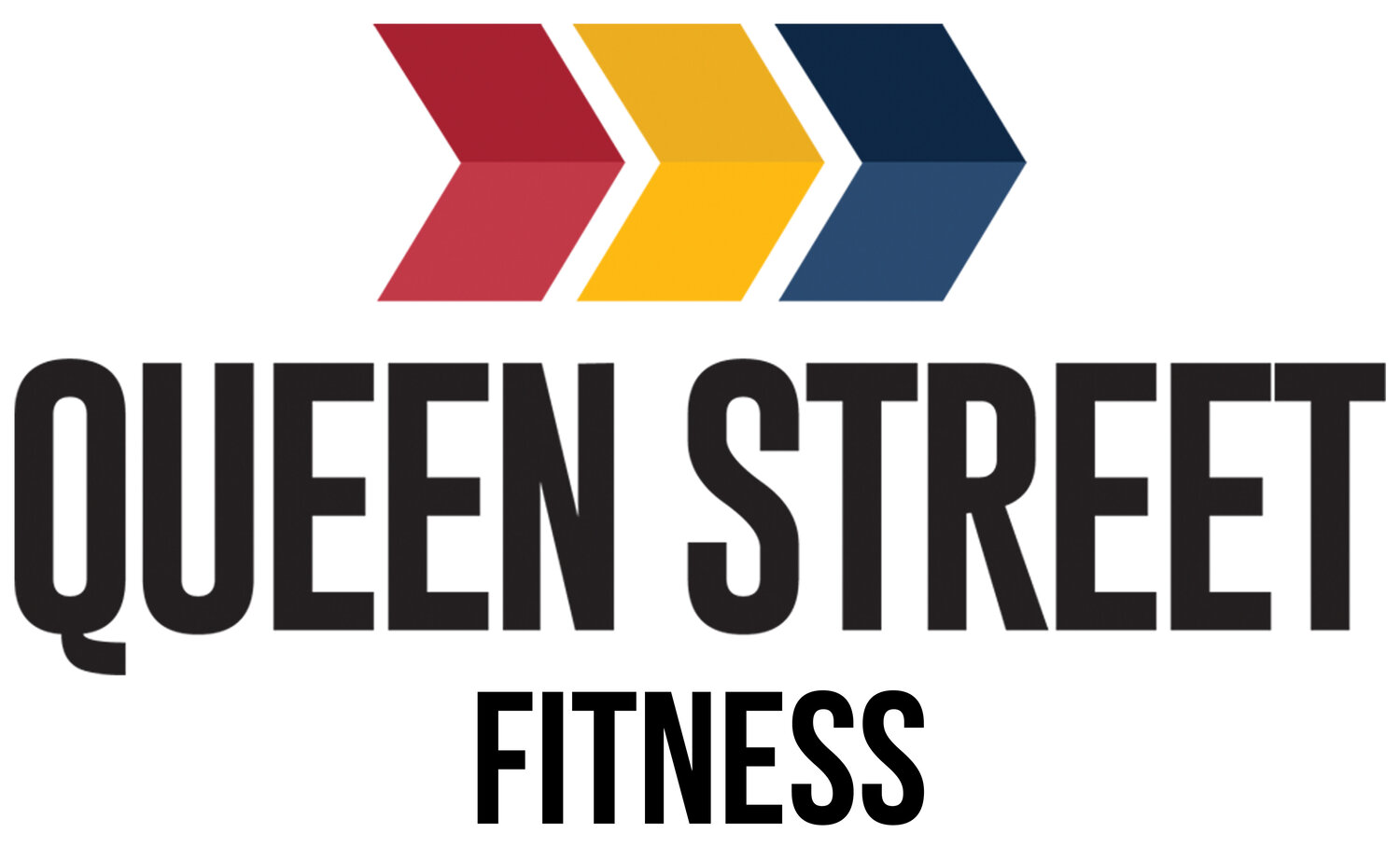This is a quick introduction to supplements. Supplements are not at all mandatory, however some athletes choose to use supplementation for diet, performance, and health. The following is a breakdown of some of the most common supplements you will see CrossFitters use.
Diet-based
Protein
The most common forms of protein are whey, soy, and casein. Athletes use protein powder as a way to quickly and easily consume protein (which is vital for muscle growth and repair) after workouts or throughout the day.
Carbohydrate
Carbohydrate powders are used by athletes who need extra energy to fuel their workouts or recover from training. Like with protein powder, carb powders mix with water so that it is easy to consume quickly and easily, and so that it makes you feel less “full” than eating real food.
Performance-based
Creatine
Creatine is a combination of three different amino acids, glycine, arginine, and methionine. It is found naturally stored in your muscles, and facilitates your cells recycling of ATP (adenosine triphosphate- the energy currency of the cell). Ingesting creatine has been scientifically found to increase maximum power and performance in high-intensity anaerobic repetitive work.
Caffeine
Caffeine is such a popular drug that we often take it for granted. It is common knowledge that caffeine reduces fatigue and drowsiness, and can boost cognitive function. Caffeine also can improve athletic performance in aerobic and anaerobic work. Caffeine does carry certain risks at high doses, so if you are taking caffeine as a workout supplement, it is a good idea to scale back on the coffee or other caffeinated beverages.
BCAAs
BCAA stands for Branched Chain Amino Acid- these amino acids are leucine, isoleucine, and valine. Taking BCAAs can help promote muscle protein synthesis and increase muscle growth over time.
Health-based
Fish oil
Fish oil (which is taken for its Omega-3 fatty acids) has been linked to improved cholesterol balance, reduced rates of heart disease and atherosclerosis, better immune system function, improved brain function, and prevention of cancers (particularly breast, colon, and prostate). It is thus popular as a general health supplement, but is specifically used in training for its ability to reduce inflammation and increase blood flow. Since it is an oil (which often comes in capsule form), over time and with sun exposure fish oil can go rancid, so avoid consumption if it smells or tastes overly “fishy.”
Multi-vitamins
Multi-vitamins often run the gamut of the vitamins, minerals, and other nutritional elements a human body needs: C, B1, B2, B3, B5, B6, B9, B12, biotin, A, E, D2 (or D3), K, potassium, iodine, selenium, borate, zinc, calcium, magnesium, manganese, molybdenum, betacarotene, and/or iron. Many people take a daily multi-vitamin to cover any nutritional gaps. About 32% of Canadians are deficient in vitamin D, according to Statistics Canada.
Vitamin D
Vitamin D in particular is a popular supplement in sports training. Vitamin D is important for skeletal and muscle function, and there are some studies that have found increased Vitamin D intake to improve athletic performance.
THE CONCLUSION
Many supplement products are a mix of the ingredients listed above (eg. Weight-gainer products are made up predominantly of carbs, protein, and vitamins; Pre-workout products are often include creatine and caffeine).
While supplements can make a difference, they cannot replace real food, hard work, and consistency! Athletes that use supplements often have other areas (sleep, diet, training) under control, and are looking for a little edge. That being said, there is little harm in trying supplements and seeing if they help you perform or recover better.

